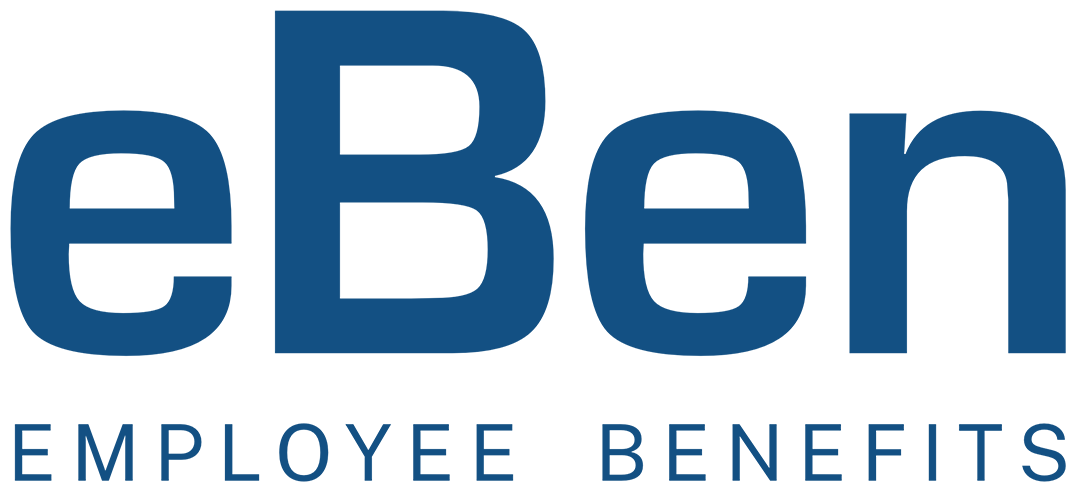Pharmacy benefit managers (PBMs) are commonly contracted by health plans, unions, large employers, and government entities to manage prescription drug benefits programs. Unfortunately, many PBMs have failed in their duties to negotiate favorable terms and keep prescription drug costs affordable.
The 2024 election is now months away bringing increased attention to the prescription drug cost problem in the United States. Multiple bills have been proposed to improve pharmacy benefit transparency, along with Inflation Reduction Act Provisions, and an ongoing investigation into PBMs by the Federal Trade Commission (FTC).
With a spotlight on PBM policy and reform, it’s important to understand the potential impact these changes could have on employer plan sponsors.
What Happened: Formal Investigation
of PBMs
 In February 2022, the FTC initiated a formal investigation into PBMs which began with a Request for Information (RFI). The ongoing investigation focuses on several areas of PBM best practices, such as methods to determine pharmacy reimbursement, pricing practices, and vertical integration.
In February 2022, the FTC initiated a formal investigation into PBMs which began with a Request for Information (RFI). The ongoing investigation focuses on several areas of PBM best practices, such as methods to determine pharmacy reimbursement, pricing practices, and vertical integration.
The investigation was formalized in June 2022 when the FTC brought orders against six PBMs, followed by three Group Purchasing Organizations (GPOs) in 2023. As of January 2024, no company has provided the necessary data or documents to achieve full compliance with
FTC orders.
What’s Being Done Federally: Federal Initiatives to Promote
PBM Transparency
Several federal initiatives are in motion regarding PBM transparency, including:
- White House Summit – In March 2024, the White House hosted an event to discuss issues surrounding PBMs.
- Employment, Retirement, and Income Security Act (ERISA) – This federal law establishes a standard of conduct for employers and requires them as plan sponsors to meet their fiduciary duties.
- Medicare Drug Price Negotiation Act – This law allows The Centers for Medicare & Medicaid Services (CMS) to negotiate pricing with drug manufacturers. In August 2023, it was announced that 10 drugs covered under Medicare Part D were chosen
for negotiation. - The American Rescue Plan/Average Manufacturer Price (AMP) Cap Provision – This provision eliminates existing limits on the maximum rebate drug companies must pay to Medicaid for specific medications.
- Corporate Greed Task Force – In March 2024, the Corporate Greed Task Force was established to analyze the impact of vertical integration and corporate greed in the healthcare industry.
- Bi-Partisan Efforts – Currently underway are bi-partisan efforts to reform PBM practices, such as increasing disclosure of PBM fees and rebates, and prohibiting spread pricing.
What’s Being Done Locally: State-Based PBM Transparency Initiatives
 The drive for greater PBM transparency is not just a federal initiative but also includes legislation at the state level. A total of 155 bills across 40 states have been set forth so far in 2024 in regard to alleged PBM practices, such as exorbitant costs, over-charging, and deceptive and unfair acts.
The drive for greater PBM transparency is not just a federal initiative but also includes legislation at the state level. A total of 155 bills across 40 states have been set forth so far in 2024 in regard to alleged PBM practices, such as exorbitant costs, over-charging, and deceptive and unfair acts.
A noteworthy inclusion, this year, 19 bills in 14 different states were initiated to allow states to import prescription medications from Canada at discount prices. Currently, Florida is the only state with an FDA-approved program.
- From the National Conference of State Legislatures, “Eight states—Colorado, Florida, Maine , New Hampshire, New Mexico, North Dakota, Texas and Vermont—have passed legislation to establish a state drug importation program. Five states—Colorado, Florida, Maine, New Hampshire and New Mexico—have submitted proposals to the FDA while Vermont submitted a concept letter to HHS and Office of Management
and Budget. - In January 2024, Florida’s proposal was the first to receive FDA approval. The state now has the authority to import certain drugs from Canada for a period of two years once certain conditions are met. Florida will first need to submit a pre-import request for each drug selected for importation, which must be approved by the FDA. The state will also need to relabel the drugs and perform quality testing of the products to meet
FDA standards.
How Does This Affect Businesses: Tips for Employers to Promote
PBM Transparency
With new PBM policies emerging on both a federal and state level, employers are tasked with taking proactive steps to ensure their PBMs are being fair and transparent in their practices. Consider the following tips to promote PBM transparency:
1. Review Existing Contracts
Begin by reviewing all existing pharmacy contracts. While these contracts can be complex, understanding their unique terms and conditions can aid companies in improving PBM transparency. When confirming transparency, look in the contract for clear definitions and exclusions. Take note of administrative fees, differential brand and generic pricing, differential dispensing fees, and rebates.
2. Start the Procurement Process Early
Companies with a looming contract expiration date should begin the procurement process as soon as possible. By starting the process early, businesses are better equipped to negotiate a fair contract with a transparent vendor. Also, take note of the different types of contracts as they are not one-size-fits-all. The most common options include traditional PBM contracts, pass-through contracts, and hybrid contracts.
3. Consider Contract Elements
When comparing pharmacy partners, consider choosing a partner that is knowledgeable and up-to-date on both national and state-level legislation. This vendor should not have any financial ties or incentives to certain PBMs to ensure an unbiased recommendation. The right vendor will also assist with explaining the considerable number of terms and definitions that explain how drug claims are priced and adjudicated. These terms have a major impact on an agreement’s financial value.
4. Seek Professional Oversight
Acquiring assistance from an industry professional who can provide ongoing and valuable oversight of the plan sponsor’s contract terms can help ensure that the PBM remains fair and transparent. Choose a partner that will actively review each claim and oversee performance.
 PBM legislation and reform will continue to emerge and evolve in the upcoming months, causing concern for some employers. Staying up-to-date on the most recent rulings can help employers better understand how legislation may impact their plans and how best to hold their PBMs accountable.
PBM legislation and reform will continue to emerge and evolve in the upcoming months, causing concern for some employers. Staying up-to-date on the most recent rulings can help employers better understand how legislation may impact their plans and how best to hold their PBMs accountable.


